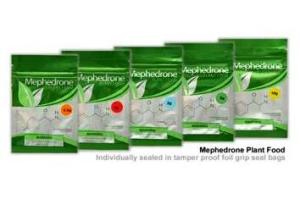Drug War Issues
Politics & Advocacy
The Japanese government will ban four new synthetic drugs in August, according to Japanese press reports. The four drugs are the synthetic cannabinoids JWH-018 and cannabicyclohexanol and the synthetic stimulants mephedrone and MDPV.

mephedrone among new synthetic drugs to be banned in Japan
The compounds have been banned in the European Union, and numerous states in the US have also taken action to prohibit them. Legislation is pending in the US Congress to ban them as well, and both sets of drugs are currently banned federally under emergency DEA edicts.
The Japanese Health, Labor and Welfare Ministry will designate the four synthetic drugs as "narcotics" under the Pharmaceutical Affairs Law and is working on a blanket regulation that would allow it to impose the same designation on new drugs with slightly differing chemical compositions but that have similar effects to the banned substances.
Japanese health authorities have reported 114 cases of "health problems" associated with the use of the synthetic drugs, but there is no reporting on how many of those cases were associated with synthetic cannabinoids or how many were associated with synthetic stimulants. The adverse reactions to synthetic stimulants are more severe than those associated with synthetic cannabinoids. Authorities in Japan have also reported a number of cases of people injuring others while driving under the influence of the new synthetics.
This work by StoptheDrugWar.org is licensed under Creative Commons Attribution-ShareAlike 4.0 International
Add new comment